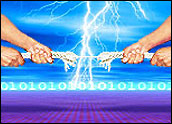
Takeover talks between Electronic Arts (EA) and Take-Two have come to an end, the two video game software companies announced Sunday.
The news comes some seven months after EA made its initial unsolicited offer to purchase the “Grand Theft Auto” developer for US$26 per share, a deal that would have brought Take-Two’s shareholders about $2 billion.
The rival publishers had only recently come to the negotiating table for formal talks following EA’s decision to allow the offer to expire.
Following consideration that included a management presentation and review of other due diligence materials from Take-Two, EA said it decided not to make an offer and had “terminated” discussions with Take-Two.
For its part, Take-Two remains “focused on creating value for our stockholders and our consumers,” said Chairman Straus Zelnick. “This has been our goal since EA launched its conditional and unsolicited bid six months ago, a bid which was repeatedly rejected by our stockholders. As part of that commitment, we remain actively engaged in discussions with other parties in the context of our formal process to consider strategic alternatives.”
Thanks, but No Thanks
At the time EA made its play for Take-Two public, it was clear that the two competitors had two different takes on how much Take-Two was worth. Less than two weeks after the original bid was made, Take-Two’s Board of Directors rejected it.
The $26 share prices was both “inadequate” and “contrary to the best interests of Take-Two’s stockholders,” according to Take-Two. The company said it was looking at other offers and strategic partnerships with third parties. Armed with a list of other reasons why it could not consider a deal at that time, Take-Two demanded that EA postpone any discussion of an acquisition until after the release of “GTA IV” on April 29.
Meanwhile, from EA’s perspective, the tender represented a 64 percent premium over Take-Two’s closing stock price on Feb. 15, the last trading day before EA made its revised proposal. At that time, EA’s head John Riccitiello said the deal was in the best interest of Take-Two, which he said faced an “uncertain” future.
“Development costs are rising dramatically, and games that aren’t big hits struggle to reach profitability. Most independent studios don’t have much margin for error. The result has been consolidation — large publishers are merging and independent developers are more amenable to being acquired,” Riccitiello said.
More machinations followed between the two companies. In March, EA took its once-friendly offer hostile, offering to purchase all outstanding stock for the aforementioned $26 per share.
To prevent EA from approaching its investors directly, Take-Two issued a 180-day so-called poison pill plan, trying to prevent a hostile takeover. The poison pill would take effect in the event an investor acquired 20 percent or more of the company’s common stock.
“Whether it’s a friendly buyout or a hostile takeover, you still have to come up with a figure that the other side is willing to accept. In a hostile takeover you’re trying to get a figure shareholders will accept, and in a friendly takeover, one that management will accept. In the end, it’s a numbers game,” said Michael Goodman, an independent gaming and digital media analyst.
Deal or No Deal?
In the end, however, the two companies were likely unable to come to terms on a purchase price.
“It’s pure speculation on my part, but my guess is that EA did not want to raise its offer, and that Take-Two wanted more than EA’s offer. The gap between the respective parties’ views on value was likely too great to come to an accommodation,” Michael Pachter, a Wedbush Morgan analyst, told the E-Commerce Times.
The deal, according to Pachter, would have been a positive development for both Take-Two and its shareholders.
“The price was more than fair. Take-Two is trading down around 25 percent, so it has already seen its value impaired. There was not a consensus about the accretion to EA, so it’s hard to say how much the termination hurt its stock. In my view, EA can always come back at a lower price and capture an even greater benefit, so its stock shouldn’t be impaired at all,” he said.
However, said Goodman, with a successful franchise such as “GTA” working for it and a new edition of “Bioshock” set for release in 2009, Take-Two did not really need a deal with EA to bolster its fortunes, though it would have helped in an industry in which one or two bad releases can send a game maker to the poorhouse.
“I don’t think it’s bad for either company [that they were unable to reach a deal]. I think it would have been beneficial for Electronic Arts to acquire Take-Two’s intellectual property. At the same time, Take-Two would have benefited as a studio. EA is a lot more secure in the marketplace based on their scale,” he noted.


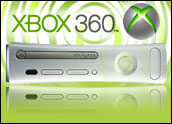
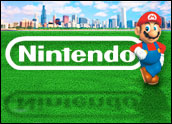


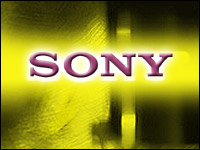
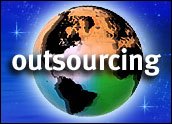
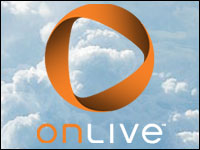

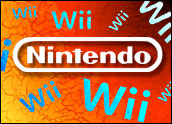











































Social Media
See all Social Media